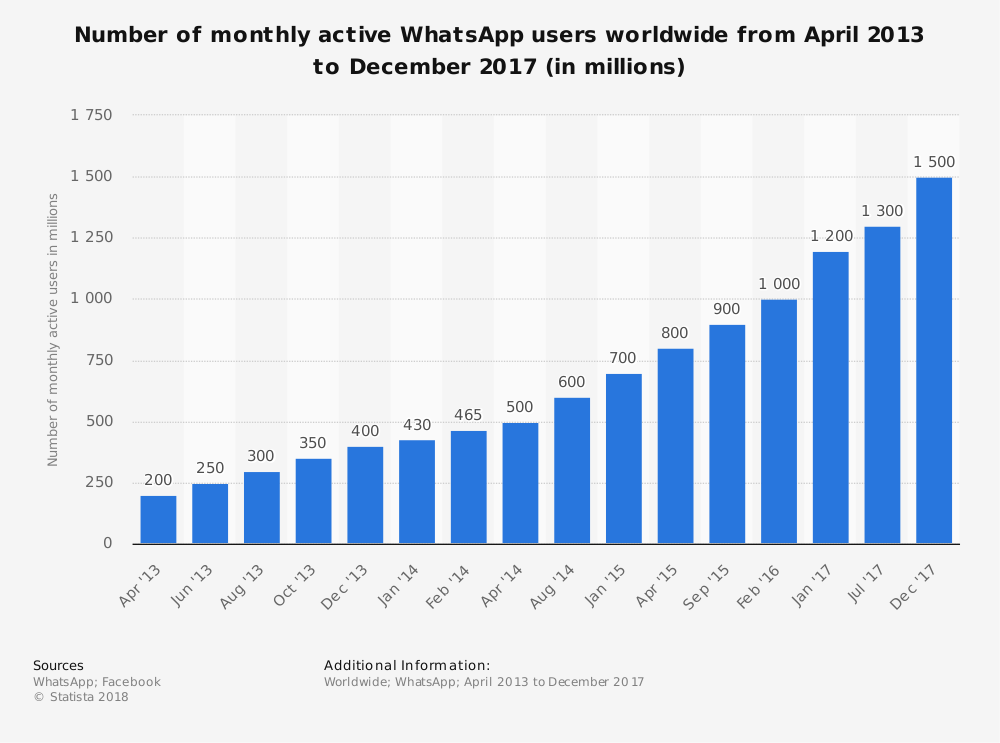You have heard of WhatsApp – of course, the messenger app with more than 1.5 billion monthly active users. You’ve most likely also heard of the GDPR, the upcoming General Data Protection Regulation.

But what has one to do with the other you might wonder? Well – thanks to the GDPR which after a lengthy transition period will become enforceable on the 25th of May there might be some upcoming legal issues that go with the use of your favorite messenger app.
WhatsApp: What’s the issue?
Let’s go with the good news first: WhatsApp does not save any chats or images of their users on their servers. Messages are also encrypted, which is another plus.
Now to the bad news: WhatsApp sends every single address book entry of their users over to their servers which are of course located in the United States of America. This is foremostly done to synchronize the data and see who is already registered to make it easier for users to connect with one another. While this is super convenient for you and me, it also means that data from people who never wanted nor intended to use the messenger app will find their way to WhatsApp.
The thing is, thanks to the GDPR this is normally not allowed anymore. You, as the owner of the smartphone, would have to ask everyone in your contact list first before their data would legally be allowed to be transferred to the US servers. You see the issue, right?
Does that mean that WhatsApp will be forbidden by the end of the month?
Luckily you do not need to worry too much: Thanks to Article 2 paragraph 2c of the GDPR the “Regulation does not apply to the processing of personal data by a natural person in the course of a purely personal or household activity”. This means that if you use WhatsApp solely for private purposes you’ll be perfectly fine. Great, right?
Things look differently though if smaller or bigger businesses use WhatsApp to stay in contact with customers. Then – thanks to the data being grabbed and stored on the US servers – the owner of the phone would have to get the ok from everyone in the contact list, something that is not really all that feasible. The same goes for WhatsApp Business by the way, an app that helps businesses with their customer service.
What to do?
If you are a private citizen you can go ahead as before, you should be fine. You might want to think about using another messenger app because you are not happy with WhatsApp’s practices, but that’s it.
If you are a smaller or bigger business and want to stay on the safe side you should stop using WhatsApp altogether. If you rely on a messenger app to help you in your daily work, there are alternatives like Threema and Signal which should both be safe to use after May 25th.













